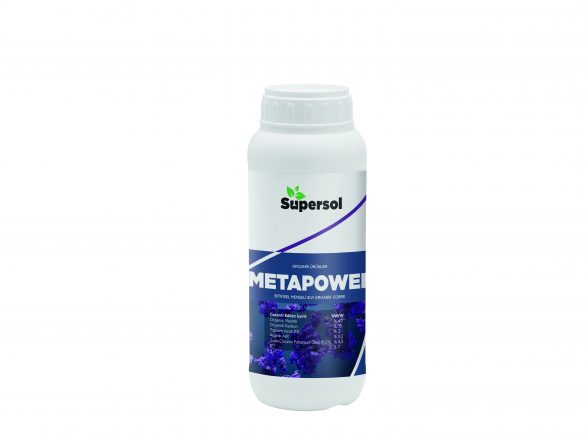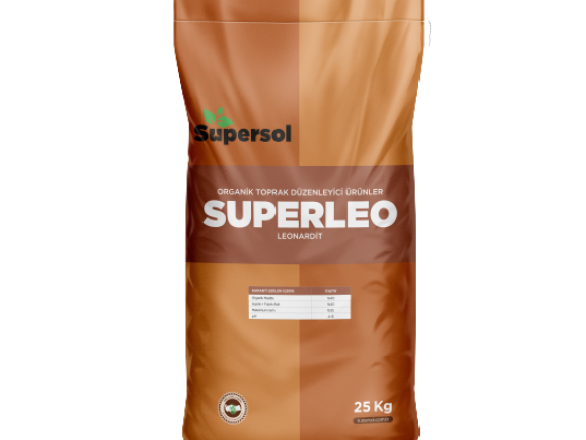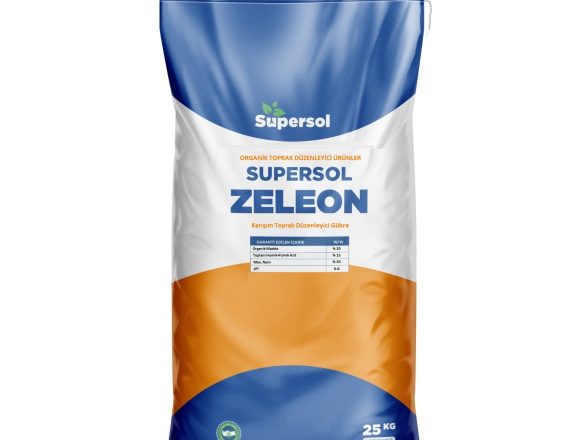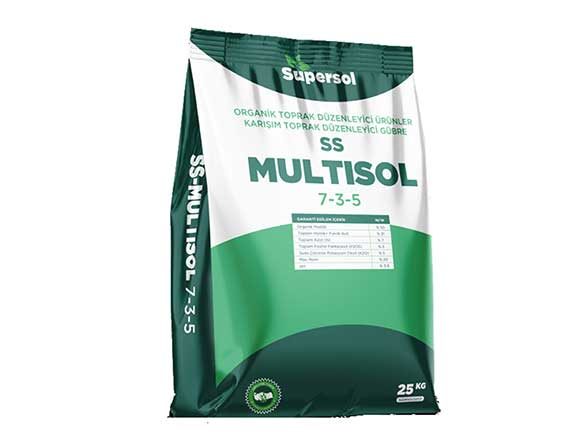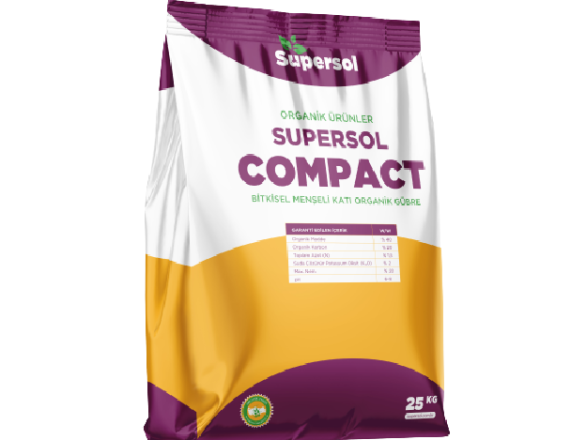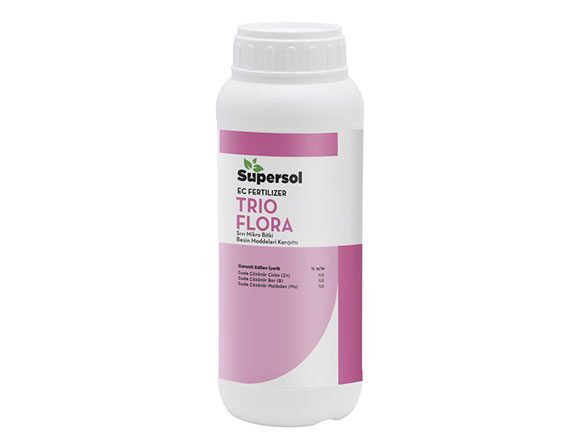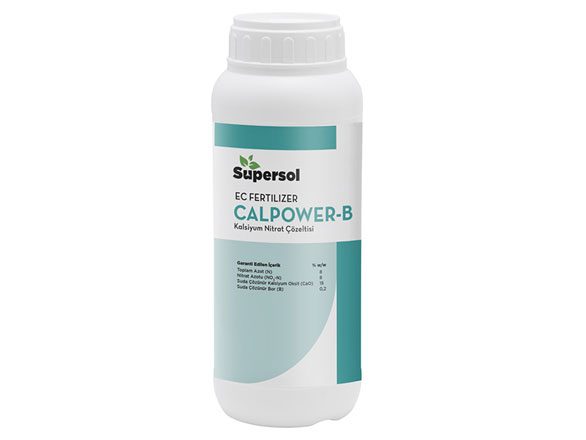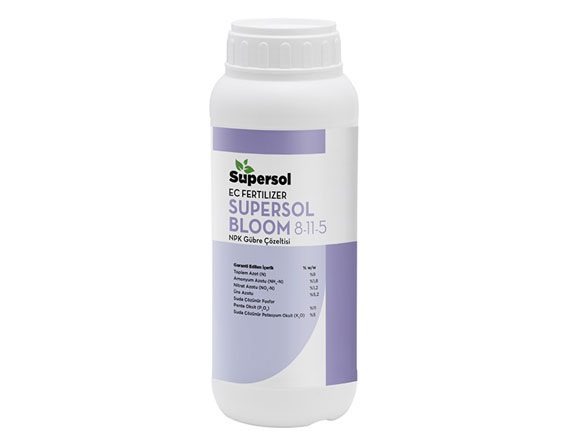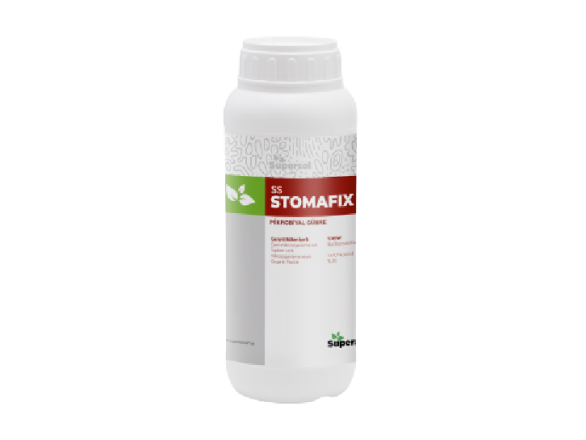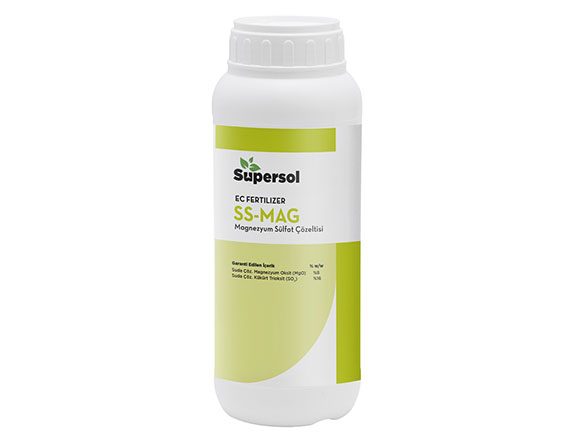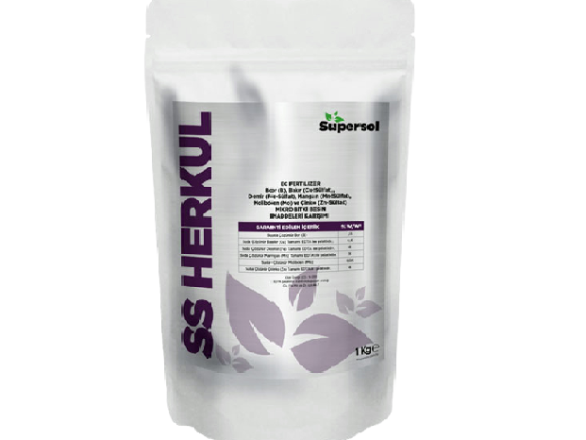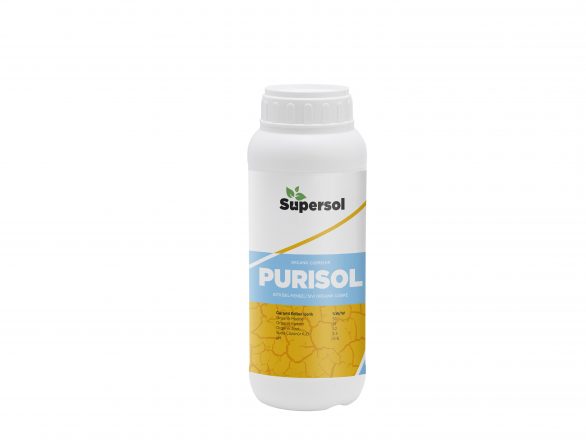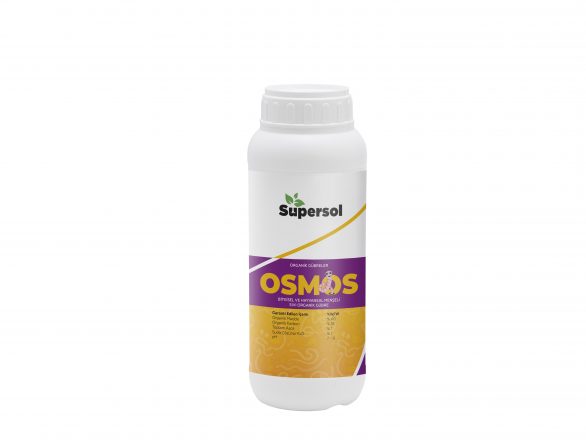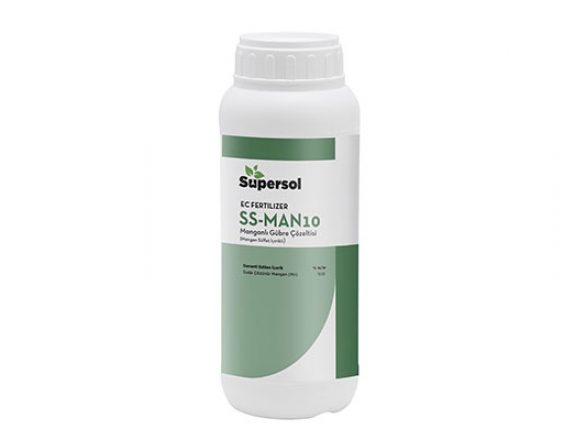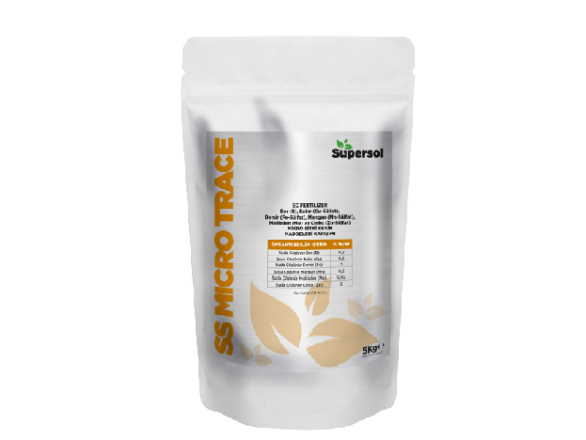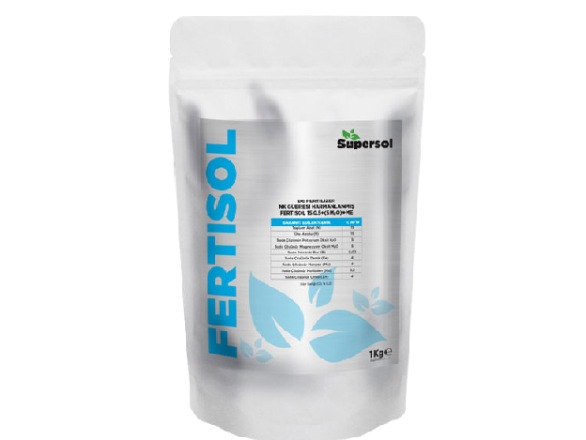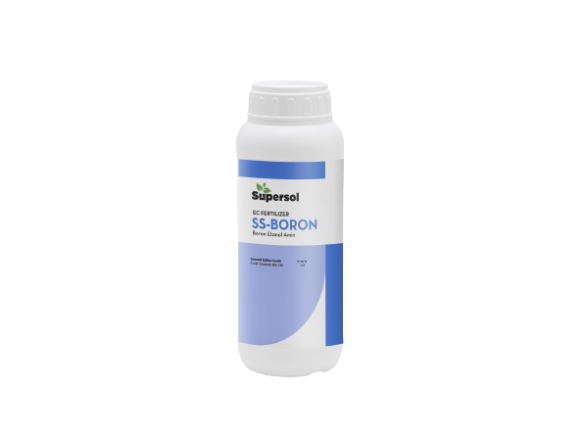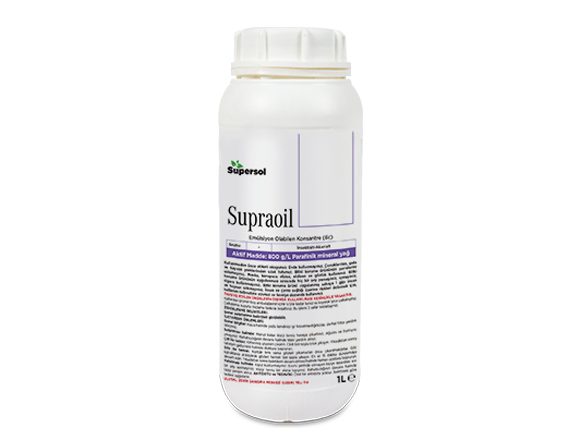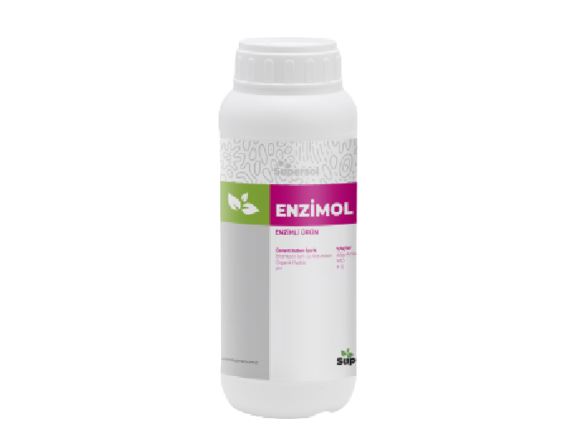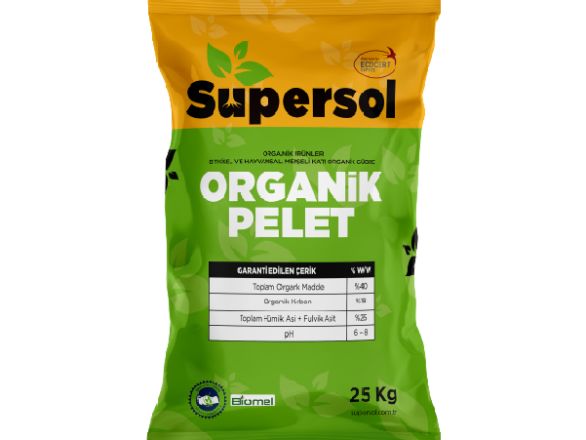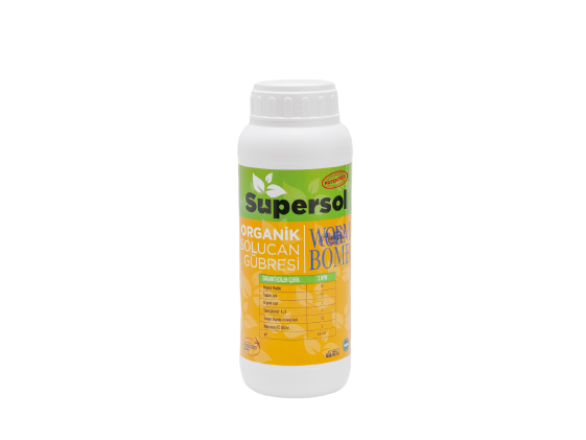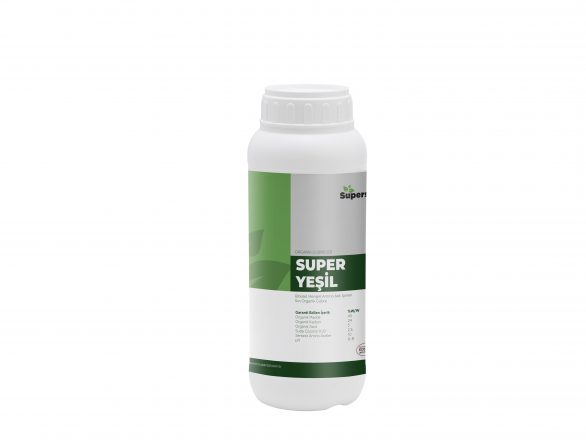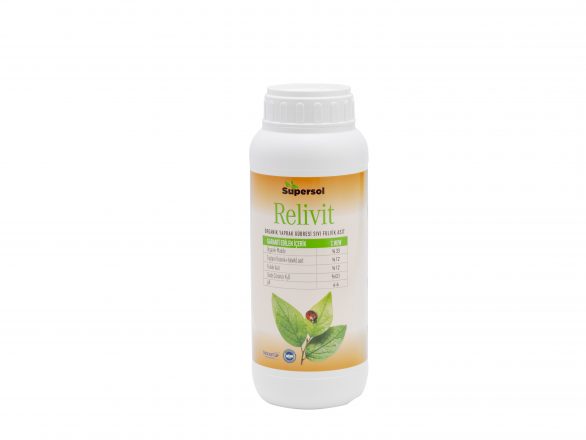FİTAZİM
ENZYMATIC PRODUCT
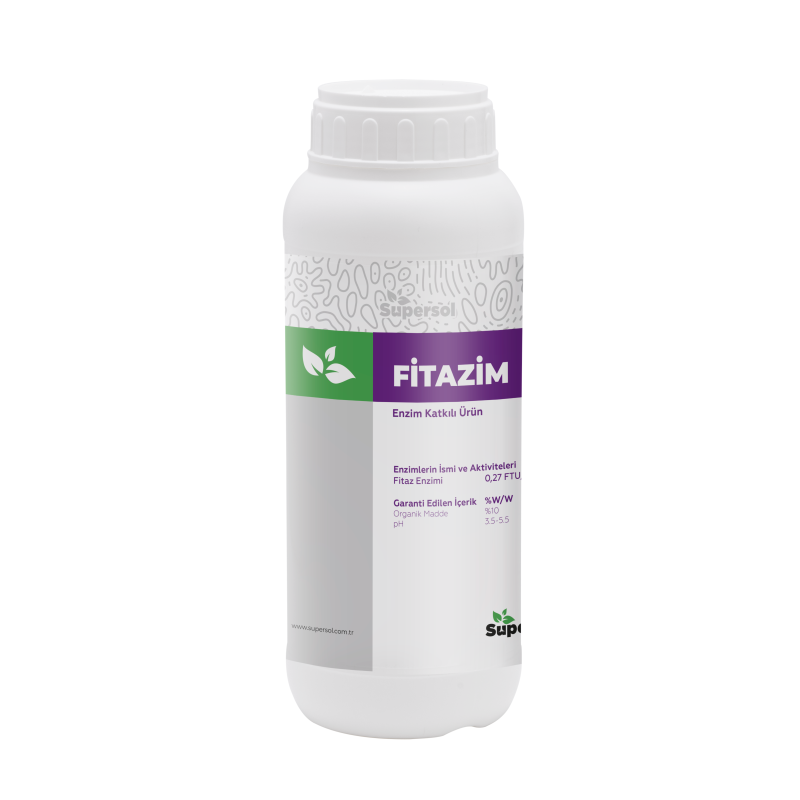
| GUARANTEED CONTENTS | % W/W |
| Names and activities of enzymes | Phytase Enzyme 0,27 FTU/g |
| Total Organic Substance | 10 |
| pH | 3,5-5,5 |
RECOMMENDED DOSAGE
| CROP TYPE | FOLIAR APPLICATION | SOIL DRENCH IRRIGATION/DIPPING |
| Vegetables | 200-250 cc /100L water | 0,5-1 lt/da |
| Fruit Trees and Vineyard | 200-250 cc /100L water | 1 lt/da |
| Field Crops | 150-200 cc /100L water | 0,25-0,5 lt/da |
For detailedin formation, please contact our technical team.
OTHER PRODUCTS
-
ZELEON
soil amendments
-
SS-HUMICS
plant nutrition
-
FİTAZİM
plant nutrition
-
MULTİSOL 7-3-5
soil amendments
-
SUPERSOL COMPACT
soil amendments
-
TRİO FLORA
special products
-
CALPOWER B
special products
-
SUPERSOL BLOOM 8-11-5
special products
-
SS-STOMAFIX
special products
-
SS-MAG
trace element
-
SS-ZINC
trace element
-
SS-HERKUL
trace element
-
PURISOL
plant nutrition
-
OSMOS
plant nutrition
-
SS-MAN10
trace element
-
SS-MICRO TRACE
trace element
-
FERTISOL
trace element
-
SS-BORON
trace element
-
SS-SUPER GREEN
plant nutrition
-
SUPRAKAL
plant protection
-
SUPRAOİL
plant protection
-
ENZİMOL
plant nutrition
-
SUPERSOL PELET
soil amendments
-
WORMBOMB
plant nutrition
-
SUPER YEŞİL
plant nutrition
-
SUPERSOL DENGE
plant nutrition
-
BEREKET
plant nutrition
-
RELİVİT
plant nutrition
-
SS-SUPER PAN
plant nutrition
-
SS-SUPER ROOT
plant nutrition
-
SS-SUPER IRON
plant nutrition

